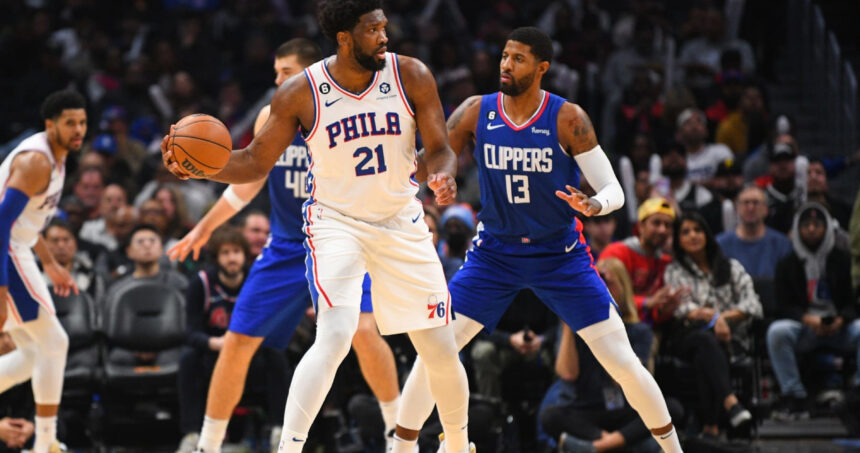Mikal Bridges and OG AnunobyStephen Gosling/NBAE via Getty Images
Offseason winners are typically associated with teams that completed multiple transactions without surrendering a ton of assets or having to pay market value. The New York Knicks don’t fit that bill in a vacuum.
Ponying up five first-round picks and one first-round swap for Mikal Bridges amounts to a steep opportunity cost no matter how you frame it. He has never made an All-Star game and will not rate as even their second-best shot creator.
Still, Bridges is on a team-friendly contract for another two years, which affords the Knicks optionality as they look to keep their core intact, and New York managed to avoid hard-capping itself at the first apron as part of the transaction. There is also finite risk attached to many of the picks they gave up.
Neither the Knicks’ 2025 first-rounder nor the Milwaukee Bucks’ top-four-protected 2025 first-rounder should become a gold-plated asset. Doling out a 2027 unprotected first-rounder isn’t all that uncomfortable when you look at the age of New York’s core. The potential downside kicks in later, with their 2028 (swap), 2029 and 2031 firsts.
This is still dicey framing. It’s also easier to justify. Especially when the Knicks are now almost universally considered one of the two biggest threats in the Eastern Conference to unseat the Boston Celtics.
Shelling out five years and $212.5 million for OG Anunoby is risky even when judging his pay rate against the rising salary cap. His injury history is spotty, and he’s yet another non-star.
Unlike others, though, Anunoby had options. Another team would have given him a four-year, $181.6 million max. The Knicks at least managed to trim his annual salary by including a fifth season.
Then there’s the Jalen Brunson extension. That needs no reframing. He took a four-year, $156.5 million deal when he would have been eligible to sign for five years and $269 million next summer.
Even if you view this as a three-season concession when factoring in his player option, Brunson took around $37 million less in total. That’s like one Donte DiVincenzo per year, and it positions the Knicks to skirt second-apron territory for another two to three years.
Brunson’s deal also potentially sets a precedent for Bridges and Julius Randle as they ponder their next contracts. Are they required to take less? Not at all. But Brunson did. And he’s better than both. That matters. (Related: Spare us the “Brunson will make it all back in 2028, when he can put pen to paper on a five-year, $417.8 million pact.” He’s not getting a deal of that size.)
Losing Isaiah Hartenstein stings. It will hurt even more if Mitchell Robinson gets injured, or if head coach Tom Thibodeau isn’t prepared to trot out the Anunoby-Randle frontline. But the Knicks are still materially better than they were at the end of last season.
Getting here mandated going all-in. That has its merits when you enter the inner circle of contenders. New York is there. And it’s tough to bemoan a lack of patience when they’ve already waited for so long, and when there’s no clear-cut, flawlessly-fitting superstar you can identify as the next man up.











